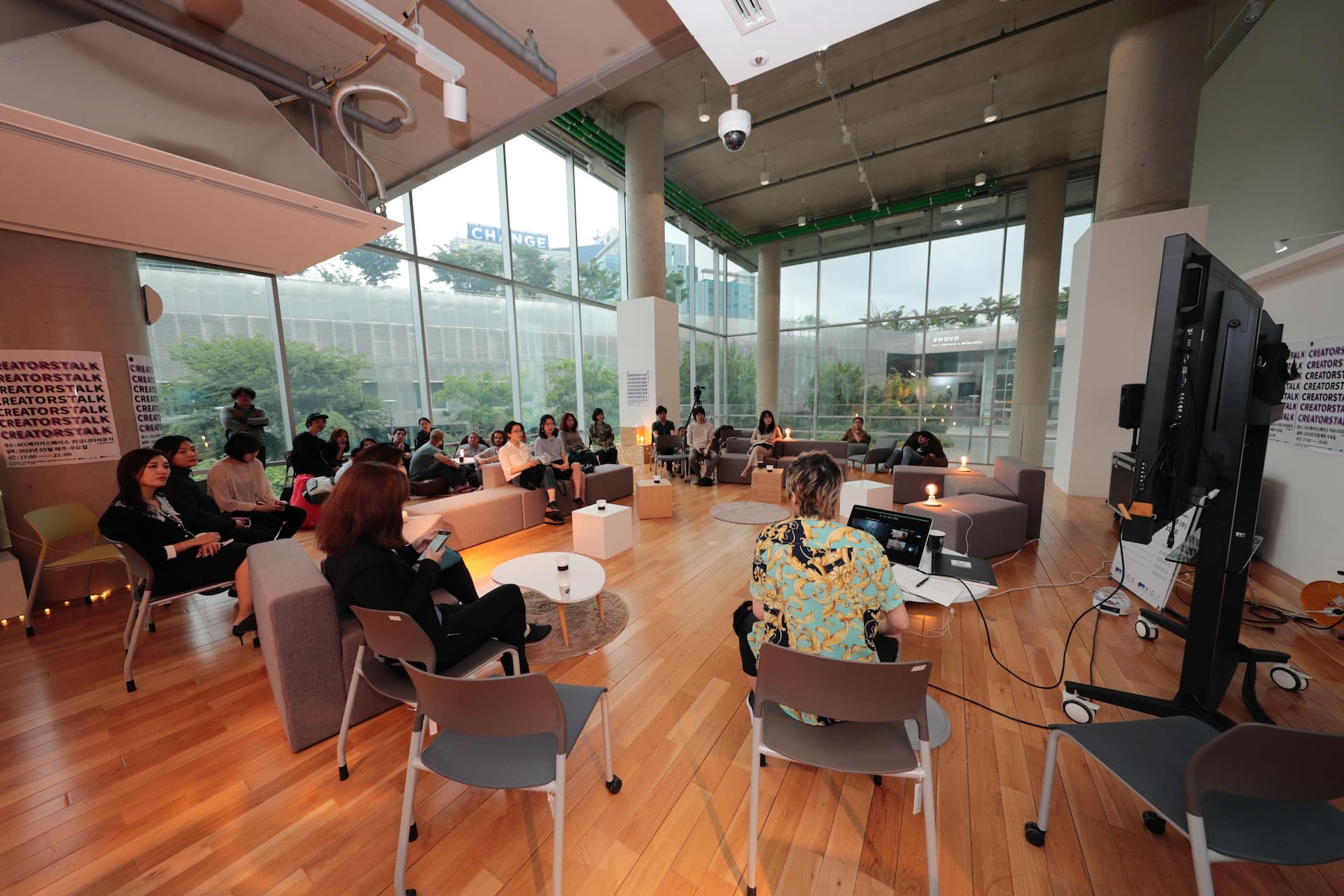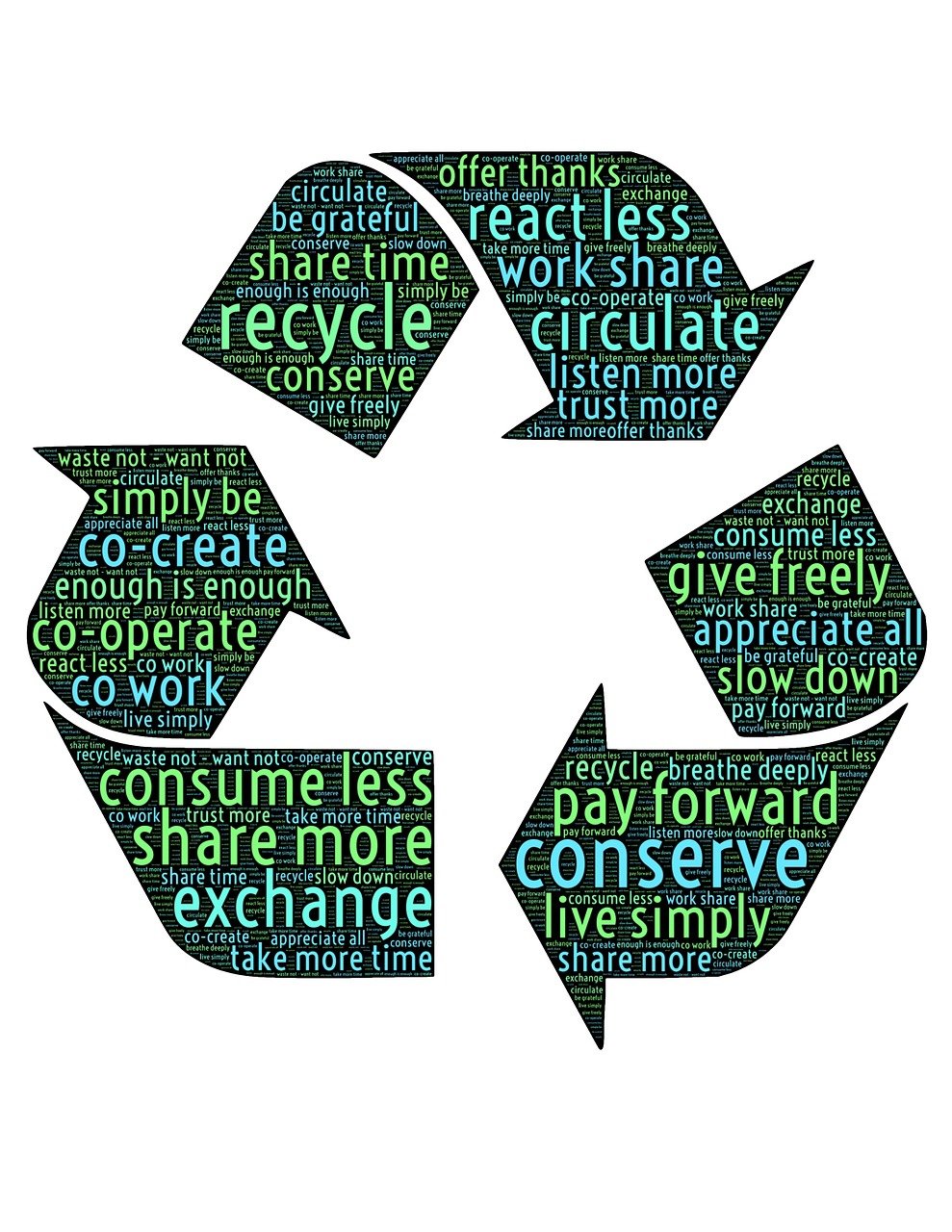Sustainable event planning is organizing events that minimize negative environmental, social, and economic impacts and maximize positive ones. It involves considering the whole life cycle of the event, from the planning stage to the post-event evaluation strategies to reduce waste and conserve resources.
Sustainable event planning benefits the planet as well as event organizers and stakeholders, as it can enhance the event’s quality, reputation, and value.
The main purpose of this article is to show that sustainable event planning goes beyond the basics of recycling, reusing, and reducing. It requires a holistic and innovative approach that considers the multiple dimensions and aspects of sustainability, such as environmental, social, economic, cultural, and ethical.
In the article, we will also discuss the challenges and opportunities of sustainable event planning and provide some examples and tips for going beyond the basics of sustainability.
Elevating Sustainability in Event Planning: Beyond the Basics
In the ever-evolving event planning landscape, sustainability has transformed from a buzzword into a necessity. While recycling bins and waste reduction initiatives have become commonplace, truly sustainable event planning requires a deeper commitment.
Let’s delve into advanced strategies that propel events into eco-friendliness, going beyond the basics and embracing innovative approaches that redefine the essence of sustainability.
1. Green Technology: Powering Sustainable Events
Embracing sustainability in event planning extends far beyond the superficial, delving into the heart of green technology integration. At the forefront of this transformation is the strategic deployment of green technologies.
Adopting environmentally conscious practices transcends token gestures, venturing into cutting-edge solutions and redefining how events are powered.
Sustainable event planning pioneers the use of sophisticated solutions, ranging from harnessing solar panels to implementing kinetic energy floors and integrating energy-efficient HVAC systems. This comprehensive strategy ensures that every element of an event’s energy consumption is meticulously considered and optimized for environmental impact.
a. Solar Energy
Solar panels stand as iconic symbols of this green revolution in event planning. These photovoltaic wonders, adorning event spaces or discreetly integrated into structures, capture the sun’s energy with unrivaled efficiency.
Beyond merely reducing reliance on conventional power sources, solar panels symbolize a shift towards harnessing clean, renewable energy—a tangible commitment to reducing carbon footprints and mitigating environmental harm.
b. Kinetic Floors
The innovation doesn’t stop with solar panels; it extends to kinetic energy floors that convert the movements of event attendees into a sustainable power source. These floors, often incorporated into high-traffic areas, exemplify the fusion of technology and human interaction.
Every step taken generates energy, underscoring the potential for sustainability to be an immersive and participatory experience.
c. Energy-Efficient HVAC
Energy-efficient HVAC systems emerge as unsung heroes in the sustainable event narrative. These systems, meticulously designed to optimize energy consumption, offer climate control without compromising environmental responsibility. Their intelligent design ensures that events maintain optimal temperatures and do so with minimal energy wastage—a harmonious balance between comfort and eco-consciousness.
The role of energy-efficient HVAC systems in sustainable event planning is transformative. It’s a testament to the industry’s evolution towards a future where environmental responsibility is not an afterthought but an integral part of the event’s infrastructure. As these systems quietly regulate temperatures and contribute to a reduced carbon footprint, they elevate the event experience, reminding attendees and organizers alike that every breath of comfort can be taken in harmony with the planet.
d. Energy Hogs to Energy Hubs
The true benefit of integrating green technologies lies in the transformative potential to turn events into self-sufficient energy hubs.
No longer merely consumers of power, events become contributors to the energy grid, leveraging renewable sources and minimizing reliance on non-renewable counterparts. The paradigm shift isn’t just about hosting sustainable events; it’s about events actively contributing to a cleaner, more sustainable energy landscape.
2. Sustainable Sourcing: Locally Sourced, Globally Impactful
Sustainable event planning extends to the roots, quite literally. Adopting a farm-to-event approach involves sourcing products locally and reducing transportation-related carbon emissions. The action supports local economies and minimizes the environmental impact of sourcing materials.
Imagine an event where the food on the table, the decor adorning the venue, and even the materials for giveaways are sourced sustainably and locally—a holistic embrace of eco-friendly practices.
3. Embracing Fair Trade Practices
Taking sustainable sourcing a step further involves embracing fair trade practices. The event design concept ensures that the production of event materials adheres to ethical labor standards.
From textiles to promotional items, prioritizing fair trade aligns with social responsibility and contributes to a positive global impact. It’s a conscientious choice that resonates with attendees and elevates the event’s overall ethos.
4. Circular Economy Principles: Designing for a Sustainable Tomorrow
The linear model of “take, make, dispose” is being replaced by the circular economy, and events are no exception. Embracing circular economy principles means designing events with longevity and reusability in mind.
Consider event decor that isn’t discarded after a single use but is designed to be repurposed for future events. This shift in mindset transforms events into sustainable ecosystems where every element has a life cycle beyond a single occurrence.
5. Facilitating Recycling and Upcycling Initiatives
The commitment to sustainability in event planning extends far beyond the boundaries of the actual event, seamlessly embracing post-event practices rooted in circular economy principles. While recycling has become a standard practice, advancing sustainable event planning brings forth a concept beyond recycling—entering the realm of upcycling initiatives.
Traditionally, recycling involves transforming waste into raw materials for new products, a commendable process that reduces waste but may still consume considerable energy. Upcycling, on the other hand, elevates the concept by transforming discarded materials into new, higher-value products without breaking them down into raw materials. It’s a creative and resourceful approach that breathes new life into event items that might otherwise end up in landfills.
Upcycling initiatives in sustainable event planning are expansive, showcasing the potential for artistic and environmentally conscious innovation. Imagine the transformation of event banners, once destined for disposal, into stylish and eco-friendly bags. This metamorphosis repurposes materials and gives them a new lease on life, adding utility and value.
6. Smart Waste Management Systems
Smart waste management systems take center stage, ushering in a new paradigm for optimizing waste disposal. These systems harness cutting-edge technology, transforming the traditional approach to waste management at events.
Picture this: Sensors strategically placed throughout the event venue, quietly and efficiently monitoring trash levels in real-time. This technological marvel transcends the conventional “set it and forget it” waste disposal model. Instead, it empowers event organizers with a dynamic understanding of waste generation, allowing for proactive and informed decision-making.
The integration of automated sorting systems represents a monumental leap forward. Gone are the days of post-event sorting marathons—now, technology takes the reins, ensuring that waste is separated at the source. It optimizes recycling efforts and minimizes the environmental impact of improper disposal.
The symbiosis of technology and event planning doesn’t stop at waste monitoring and sorting. It extends to the very essence of efficiency and cost-effectiveness. By leveraging smart waste management systems, event organizers contribute to a greener planet and streamline their operational processes. The efficiency gains are palpable, translating into reduced labor costs and a more seamless overall waste disposal experience.
Benefits of Sustainable Event Planning
Consider the ripple effect of this technological integration. As events across the globe adopt smart event management systems, a collective impact emerges—a shift towards a more sustainable and eco-friendly event industry.
The marriage of sustainability and event planning is a transformative force that propels event planning into a realm where environmental responsibility and operational efficiency coalesce. Welcome to the future of events, where the waste we generate becomes a testament to our commitment to a greener, more sustainable world.
The beauty of sustainability lies not only in its environmental benefits but also in its ability to engage attendees on a deeper level. As attendees witness the transformation of familiar event elements into new and unexpected forms, they become part of a narrative that extends beyond the event itself. It has become a shared experience that reinforces the importance of reducing waste and finding innovative solutions to environmental challenges.
Sustainable event planning is a testament to the transformative power of creativity and conscientiousness. It’s a shift towards a future where events minimize environmental impact and actively contribute to a circular economy, fostering a culture of sustainability that resonates long after the event lights dim.
Challenges and Opportunities in Sustainable Event Planning
While the benefits of advanced sustainable event planning are clear, it’s essential to acknowledge the challenges of this paradigm shift. From the initial investment in green technology to navigating the complexities of sustainable sourcing, event planners face hurdles that demand strategic solutions.
Overcoming these challenges requires a commitment to long-term sustainability goals and a willingness to embrace innovation.
Turning Challenges into Opportunities
The journey towards self-sufficiency isn’t without challenges. But the benefits far outweigh the efforts. Every challenge is an opportunity in disguise. The shift toward sustainability opens doors to innovation, creativity, and differentiation.
Events that overcome sustainability challenges stand out in a crowded landscape, appealing to eco-conscious attendees and aligning with the values of forward-thinking companies. The challenges become stepping stones to creating corporate events that leave a lasting impact and set new standards for the industry.
Event planners navigating the complexities of integrating green technologies discover a landscape where sustainability isn’t an afterthought but an integral part of the event’s DNA. As solar panels glisten, kinetic floors pulsate with energy, and efficient HVAC systems quietly regulate temperatures, the event becomes a testament to the potential of sustainable practices in shaping a more environmentally conscious future.
The Event Planner Expo 2024: A Case Study in Sustainable Excellence
In the realm of leading events, The Event Planner Expo 2024 stands as a shining example of how to set new standards in sustainable practices. The Event Planner Expo has become a trailblazer in sustainable event planning, from incorporating state-of-the-art green technology to curating events with locally sourced and ethically produced materials.
Community Engagement and Social Responsibility
Beyond the environmental impact, The Event Planner Expo recognizes the importance of social responsibility. Engaging with local communities, supporting charitable initiatives, and fostering inclusivity are integral to their sustainable event planning strategy. The event contributes to positive social outcomes and enhances the event’s overall impact and legacy.
Building a Sustainable Legacy for Event Planning
As the demand for sustainability in event planning continues to grow, the need for advanced strategies becomes paramount. Beyond recycling and waste reduction, event planners must embrace green technology, sustainable sourcing, and circular economy principles to stay at the forefront of industry trends.
The challenges are real, but so are the opportunities to create events that are not only environmentally friendly but also economically beneficial and socially responsible. The journey toward sustainability is a transformative one. The Event Planner Expo 2024 is a journey worth taking for a future where events leave a positive and lasting legacy on the planet.
FAQs About Eco-Friendly Event Planning
1. How does sustainable event planning contribute to reducing environmental impact?
Sustainable event planning actively reduces environmental impact through various practices. The activity includes integrating green technologies for energy efficiency, minimizing waste through advanced waste management systems, and adopting eco-friendly materials.
By choosing sustainable sourcing, reducing energy consumption, and implementing circular economy principles, events can significantly lower their carbon footprint, and event planners can contribute to a healthier planet.
2. What are the key considerations when incorporating sustainable practices into event design?
Incorporating sustainable practices into event design involves several key considerations. Start by selecting a green venue with eco-friendly features. Embrace energy-efficient technologies, use recycled or upcycled materials, and prioritize local and sustainable sourcing for food and decor.
Implementing waste reduction strategies, such as composting and recycling stations, and encouraging eco-friendly transportation options for attendees are crucial elements of a comprehensive sustainable event plan.
3. How can event planners communicate sustainability initiatives to attendees and stakeholders?
Communication is vital in showcasing a commitment to sustainability. Event planners can use various channels, such as event websites, social media platforms, and email communications, to convey eco-friendly efforts.
Creating visually engaging content, such as infographics or videos, helps convey key sustainability messages. Additionally, consider on-site signage, incorporating sustainable practices into event programs, and collaborating with speakers or influencers who align with eco-conscious values to amplify the message.
Wrap Up: Sustainable Event Planning
Sustainable event planning is a complex and dynamic process that requires creativity, collaboration, and commitment. Following basic sustainability principles, such as recycling, reusing, and reducing, is not enough.
Event planners must adopt a broader and deeper perspective encompassing sustainability’s various dimensions and aspects, such as environmental, social, economic, cultural, and ethical. By doing so, event planners can create events that are not only environmentally friendly but also socially responsible, economically viable, and culturally diverse.
Get tickets today for The Event Planner Expo 2024 and get access to the best speakers, exhibitors, and networking opportunities in the industry. Secure your spot and discover the latest trends, insights, and innovations in event planning.











